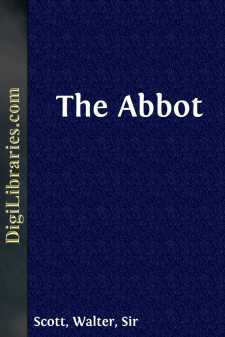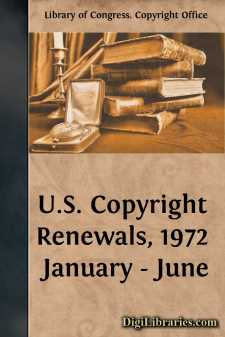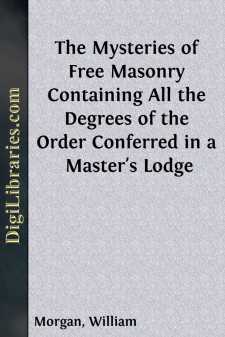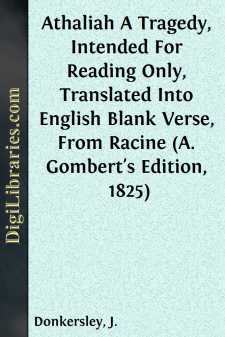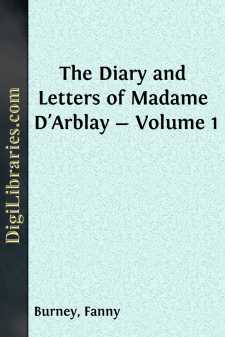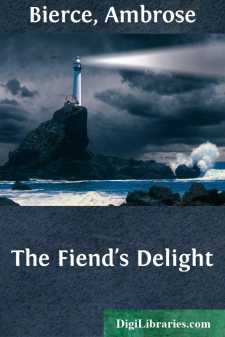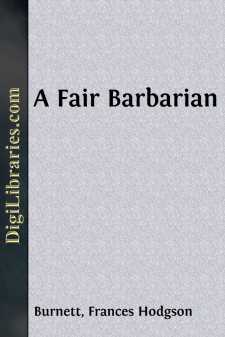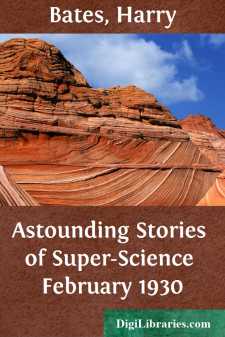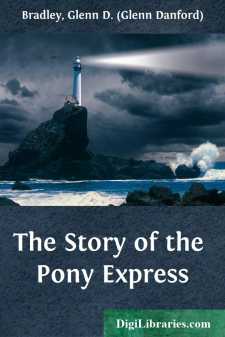Categories
- Antiques & Collectibles 13
- Architecture 36
- Art 48
- Bibles 22
- Biography & Autobiography 813
- Body, Mind & Spirit 142
- Business & Economics 28
- Children's Books 16
- Children's Fiction 13
- Computers 4
- Cooking 94
- Crafts & Hobbies 4
- Drama 346
- Education 46
- Family & Relationships 57
- Fiction 11829
- Games 19
- Gardening 17
- Health & Fitness 34
- History 1377
- House & Home 1
- Humor 147
- Juvenile Fiction 1873
- Juvenile Nonfiction 202
- Language Arts & Disciplines 88
- Law 16
- Literary Collections 686
- Literary Criticism 179
- Mathematics 13
- Medical 41
- Music 40
- Nature 179
- Non-Classifiable 1768
- Performing Arts 7
- Periodicals 1453
- Philosophy 64
- Photography 2
- Poetry 896
- Political Science 203
- Psychology 42
- Reference 154
- Religion 513
- Science 126
- Self-Help 84
- Social Science 81
- Sports & Recreation 34
- Study Aids 3
- Technology & Engineering 59
- Transportation 23
- Travel 463
- True Crime 29
Sort by:
by:
Walter Scott
From what is said in the Introduction to the Monastery, it must necessarily be inferred, that the Author considered that romance as something very like a failure. It is true, the booksellers did not complain of the sale, because, unless on very felicitous occasions, or on those which are equally the reverse, literary popularity is not gained or lost by a single publication. Leisure must be allowed for...
more...
RENEWAL REGISTRATIONS A list of books, pamphlets, serials, and contributions to periodicals for which renewal registrations were made during the period covered by this issue. Arrangement is alphabetical under the name of the author or issuing body or, in the case of serials and certain other works, by title. Information relating to both the original and the renewal registration is included in each...
more...
by:
William Morgan
MORGAN'S EXPOSE OF FREEMASONRY. Ceremonies of Opening a Lodge of Entered Apprentice Masons. One rap calls the Lodge to order; one calls up the Junior and Senior Deacons; two raps call up the subordinate officers; and three, all the members of the Lodge. The Master having called the Lodge to order, and the officers all seated, the Master says to the Junior Warden, "Brother Junior, are they all...
more...
by:
J. Donkersley
PREFACE. Racine, the author of Athalie (Athaliah), flourished in the latter half of the 17th century. At his appearance, Corneille, the great French Dramatist, was in the full splendour of his fame, whose rival he was afterwards recognised to be. Athalie is a Tragedy in rhyme, consisting of six Iambic feet, similar to the Alexandrine verse found occasionally in our English poets at the termination of a...
more...
by:
Fanny Burney
MADAME D'ARBLAY. BY LORD MACAULAY. Frances Burney was descended from a family which bore the name of Macburney, and which, though probably of Irish origin, had been long settled in Shropshire and was possessed of considerable estates in that county. Unhappily, many years before her birth, the Macburneys began, as if of set purpose and in a spirit of determined rivalry, to expose and ruin...
more...
by:
Murray Leinster
It started in Greece on the day after tomorrow. Before the last act raced to a close, Coburn was buried to his ears in assorted adventures, including a revolution and an invasion from outer space! We're not given to throwing around the word "epic" lightly, but here is one! Swashbuckling action, a great many vivid characters, and a weird mystery—all spun for you by one of the master...
more...
by:
Ambrose Bierce
SOME FICTION. "One More Unfortunate." It was midnight-a black, wet, midnight-in a great city by the sea. The church clocks were booming the hour, in tones half-smothered by the marching rain, when an officer of the watch saw a female figure glide past him like a ghost in the gloom, and make directly toward a wharf. The officer felt that some dreadful tragedy was about to be enacted, and started...
more...
CHAPTER I. MISS OCTAVIA BASSETT. Slowbridge had been shaken to its foundations. It may as well be explained, however, at the outset, that it would not take much of a sensation to give Slowbridge a great shock. In the first place, Slowbridge was not used to sensations, and was used to going on the even and respectable tenor of its way, regarding the outside world with private distrust, if not with open...
more...
by:
Harry Bates
Two miles west of the village of Laketon there lived an aged recluse who was known only as Old Crompton. As far back as the villagers could remember he had visited the town regularly twice a month, each time tottering his lonely way homeward with a load of provisions. He appeared to be well supplied with funds, but purchased sparingly as became a miserly hermit. And so vicious was his tongue that few...
more...
Chapter I The Pony Express was the first rapid transit and the first fast mail line across the continent from the Missouri River to the Pacific Coast. It was a system by means of which messages were carried swiftly on horseback across the plains and deserts, and over the mountains of the far West. It brought the Atlantic coast and the Pacific slope ten days nearer to each other. It had a brief...
more...


